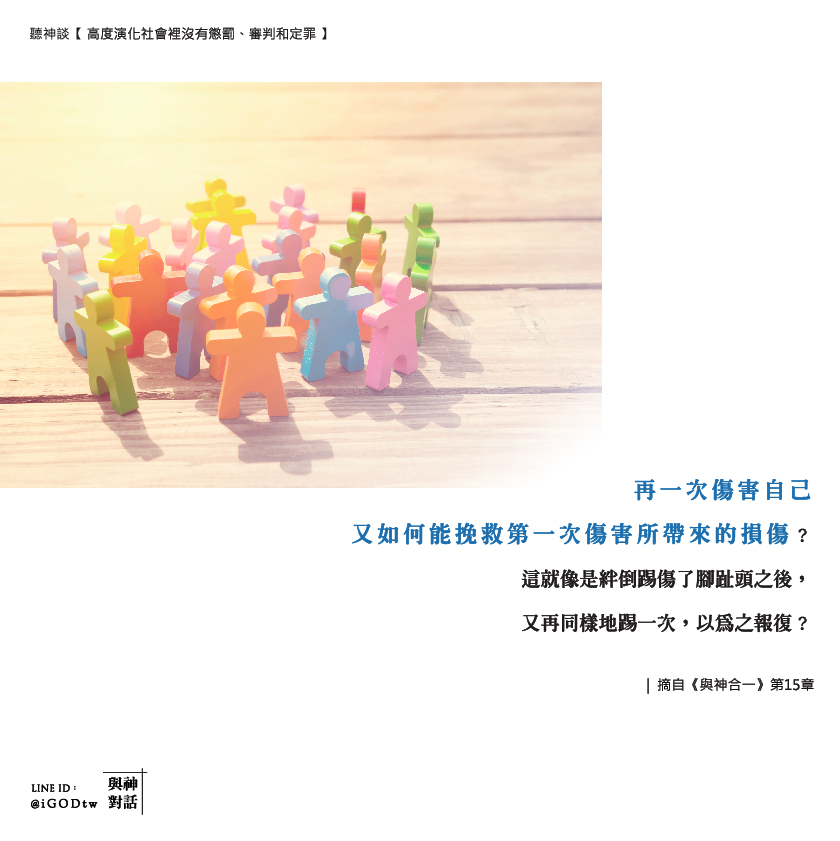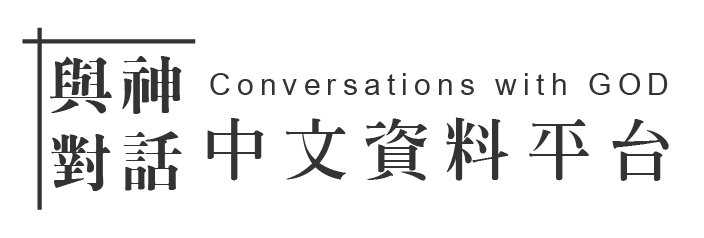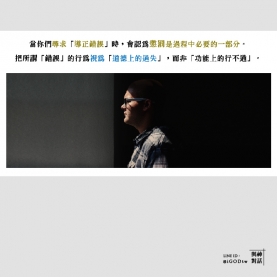
聽神談【高度演化社會裡沒有懲罰、審判和定罪】
在高度演化的社會(highly evolved societies)裡,沒有一位成員會被審判和被定任何罪。他們只是單純地被觀察到做了某事,而且讓他們自己清楚自己行為的結果和其衝擊為何。然後,他們被允許去決定自己對那結果想做些什麼——如果他們有什麼想做的。而社會裡的其他人也同樣被允許去決定他們對那個結果想做些什麼——如果他們希望要為他們所做的事做些什麼。他們不會對別人做出什麼(懲罰)。他們根本不會有任何懲罰的念頭,因為懲罰的觀念本身對他們是無法理解的(incomprehensible)。

為什麼「一體的生命」會想傷害它自己(Why would the One Being want to hurt Itself?)?縱使它曾做了一些造成傷害的事,它又為何會想再度傷害自己?再一次傷害自己又如何能挽救第一次傷害所帶來的損傷?這就像是絆倒踢傷了腳趾頭之後,又再用同樣的力氣踢一次,以為之報復。
當然,在一個不視它自己為一體、且不視它自己與神為一體的社會裡,這樣的比喻並沒有多大意義。在這樣的一個社會裡,審判是完全合乎情理的。
摘自《與神合一》第15章
In highly evolved societies, no members of those societies are ever judged and found guilty of anything. They are simply observed to have done something, and the outcome of their actions, the impact of them, is made clear to them. Then they are allowed to decide what, if anything, they wish to do with regard to that. And others in the society are likewise allowed to decide what, if anything, they wish to do to and for themselves with regard to that. They do nothing to another. The idea of punishment is simply not something that occurs to them, because the concept of punishment itself is incomprehensible to them.
Why would the One Being want to hurt Itself? Even if It has done something that is damaging, why would It want to hurt Itself again? How does hurting Itself once more correct the damage of the first hurt? It's like stubbing one's toe, then kicking twice as hard to retaliate.
Of course, in a society that does not see itself as one, and does not see itself as one with God, this analogy would not make sense. In such a society, judgment would make perfect sense.






